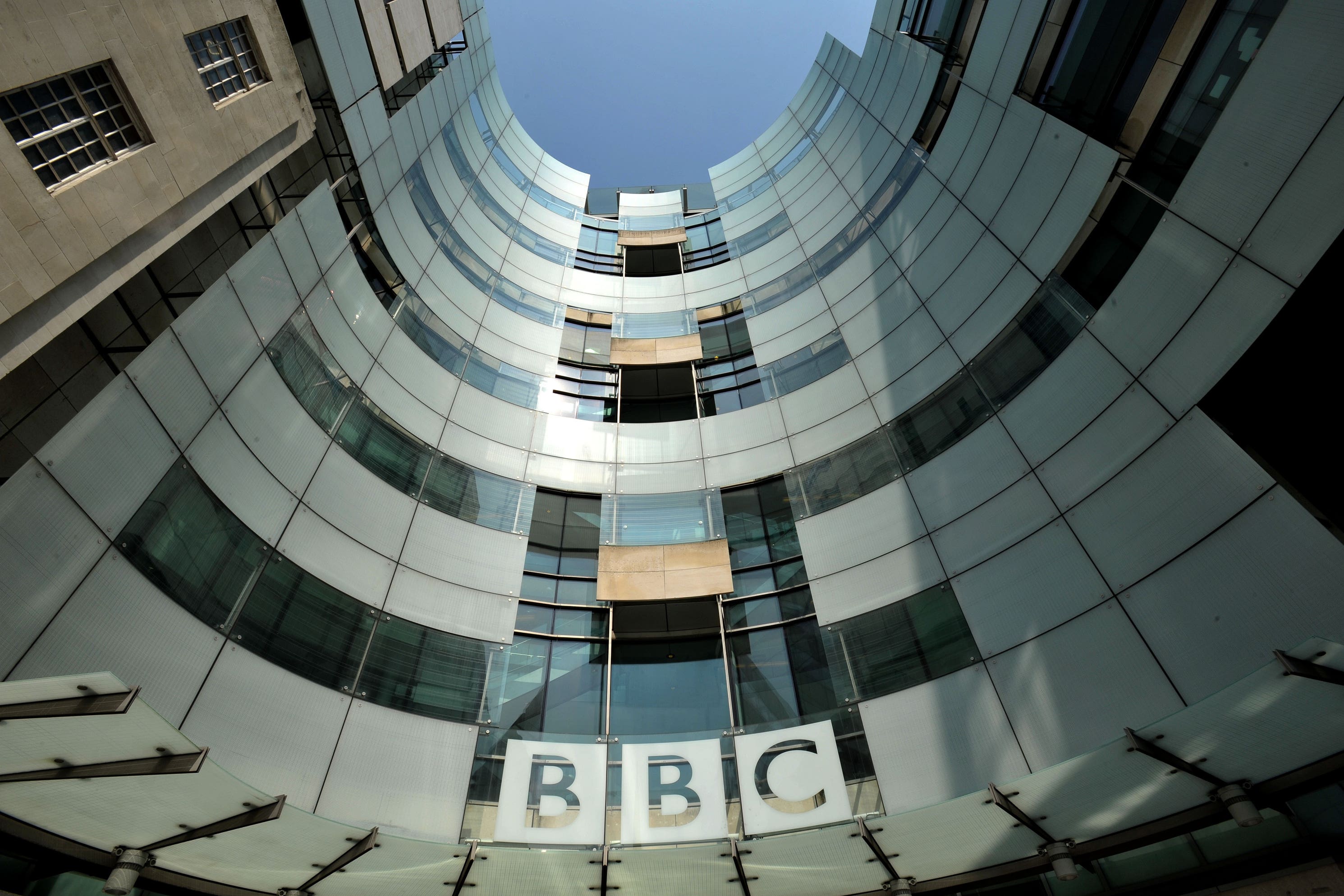BBC ‘bullish’ about fully digital future but must develop detailed plan, say MPs
The House of Commons Public Accounts Committee report was published on Friday.

Your support helps us to tell the story
From reproductive rights to climate change to Big Tech, The Independent is on the ground when the story is developing. Whether it's investigating the financials of Elon Musk's pro-Trump PAC or producing our latest documentary, 'The A Word', which shines a light on the American women fighting for reproductive rights, we know how important it is to parse out the facts from the messaging.
At such a critical moment in US history, we need reporters on the ground. Your donation allows us to keep sending journalists to speak to both sides of the story.
The Independent is trusted by Americans across the entire political spectrum. And unlike many other quality news outlets, we choose not to lock Americans out of our reporting and analysis with paywalls. We believe quality journalism should be available to everyone, paid for by those who can afford it.
Your support makes all the difference.MPs have recommended that the BBC sets out clear plans on how it will operate in the digital future it envisages so it is not “held back in a yesteryear of TV and radio”.
The Commons Public Accounts Committee (PAC) said the broadcaster has been “bullish” about proposals to move to a digital-led offering since plans were announced last May, but said it “is not convinced that the BBC currently knows the detail of the resources needed to achieve its digital plans”.
The BBC previously said in its Annual Plan that due to a freeze in the licence fee and inflation, its savings target had increased by 40% to £400 million by 2027/28, with the broadcaster committing to reinvesting in digital.
In a report published on Friday, the committee urged bosses to set out details of its digital investment plan, which was described as being “heavily dependent” on making further savings.
The committee’s report recommended the BBC write to the Commons once its budget is finalised, within two months, setting out how it will achieve all the required savings and what will happen to digital plans if the savings targets become unachievable.
MPs also said the BBC must “develop a detailed plan” working with the Government on how it can make the switch to an internet-only future without digitally excluding audiences.
PAC chair Dame Meg Hillier said: “The BBC has a careful and difficult balance to strike here, it has committed to an internet-only future by the 2030s but knows it is essential that there are ways for people, especially children and others who cannot or do not easily access the internet, to access its services.
“Licence fee payers must be able to keep our options open.
“The BBC is being held back in a yesteryear of TV and radio by uncertainty over funding and regulation, and by the DCMS Department’s constant delays and down-scaling of national fast broadband rollout plans.
“The BBC fulfils an essential public service function, it must have the planning, resources and wider infrastructure support to do so.”
The select committee also wanted the BBC to develop a plan for maintaining its progress at recruiting and retaining specialist digital staff, following a 23% staff turnover rate in its digital product group in June last year, the report said.
We have made significant progress and continue to build plans for a digital-first BBC, which includes working with the industry and Government to ensure no audiences are left behind as changes are made
A BBC spokesperson said: “We welcome the committee’s report, particularly the recognition that our key digital products like iPlayer and Sounds are performing well when compared to our rivals.
“We have made significant progress and continue to build plans for a digital-first BBC, which includes working with the industry and Government to ensure no audiences are left behind as changes are made.
“We have detailed plans covering many of the topics raised and look forward to engaging further with the committee.”